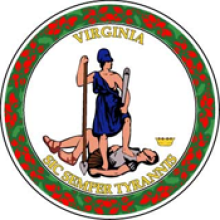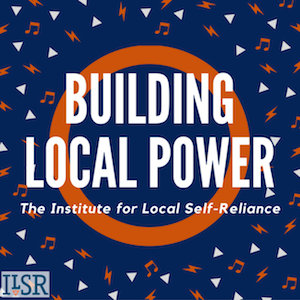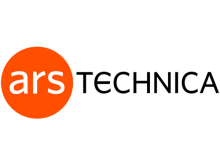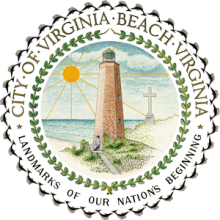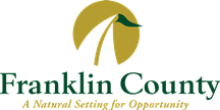HB 2108 Revised Bill Still A Hot Mess In VA
Even after constituent calls and emails, and a threat from Governor McAuliffe to veto her bad broadband bill, Del. Kathy Byron is trying to shove through her anti-competitive HB 2108. The legislation will prove fatal for local telecommunications authority if it passes. The revised bill is up for a vote in the House Labor and Commerce Committee on Thursday, February 2nd; Byron is Vice-Chair of the Committee.
Here's The New Bill; Same As The Old Bill
If you’re curious to see the text of the new draft, it is now available on Virginia’s Legislative Information System (LIS). If you’re expecting something better than the original text, you will be disappointed. This version holds on to provisions that Byron’s influential friends in the telecommunications industry need to intimidate and lock out competition.
The revised bill still dictates rules on pricing for municipal networks and imposes heavy-handed transparency rules that put any proposal at a disadvantage. The aim is to discourage potential private sector partners who may wish to work with local governments. The new draft maintains broad enforcement provisions, which large, anti-competitive providers exploit as a delay tactic to bury a publicly owned project before it even starts.
Like it’s predecessor, it’s painfully obvious that this version of HB 2108 is a AT&T sponsored tool to scare off any competition.
Another Bad Review


